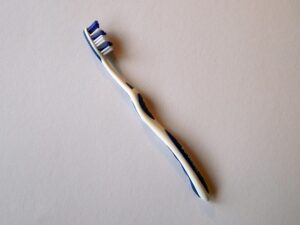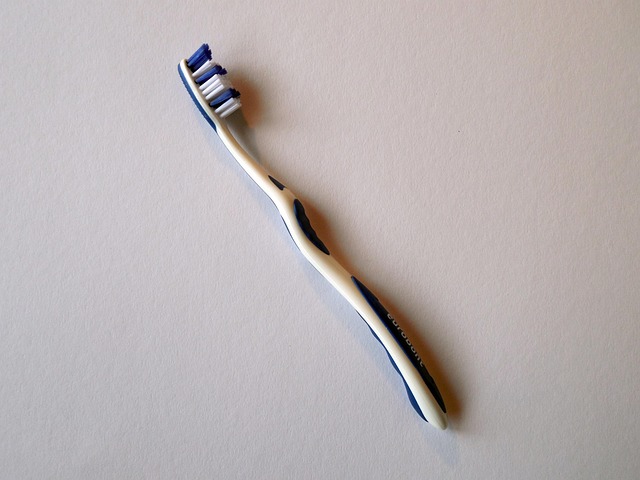Discreet paternity testing offers individuals a confidential means to confirm biological relationships without one of the parties knowledge. Whether driven by personal curiosity, legal considerations, or sensitive family dynamics, understanding the nuances of discreet paternity testing is crucial.

What Is Discreet Paternity Testing?
Discreet paternity testing involves collecting and analyzing DNA samples in a manner that maintains privacy and confidentiality. Unlike standard tests, which often require the knowledge and consent of all parties, discreet testing may utilize alternative samples and methods to obtain results without the other party’s awareness.
Legal Considerations in Discreet Paternity Testing
While the desire for privacy is understandable, it’s essential to recognize the legal frameworks governing paternity testing. In the United States, laws vary by state, but generally, consent is required from all parties involved in the testing process. Conducting a test without proper consent can lead to legal repercussions and may render the results inadmissible in court.
Furthermore, for paternity test results to be legally binding—such as in cases of child support or custody disputes—a strict chain of custody must be maintained. This process ensures the integrity of the samples and the validity of the results in a legal setting.
Methods of Discreet Sample Collection
Discreet paternity testing often employs non-traditional samples since the standard buccal (cheek) swabs are not feasible in this situation. Common discreet samples include:
- Hair strands: Preferably with the root attached.
- Used toothbrushes: Containing residual saliva.
- Nail clippings: With potential DNA under the nail bed.
- Used tissues or cotton swabs: Containing bodily fluids.
It’s important to note that while these samples can be used for DNA analysis, they may yield less reliable results compared to standard samples. Additionally, the collection of such samples without consent may raise ethical and legal concerns.
Ethics of Discreet Paternity Testing
Beyond legal considerations, discreet paternity testing poses ethical questions. Testing without an individual’s knowledge can breach personal privacy and trust. The American Society of Human Genetics emphasizes the importance of informed consent in genetic testing to uphold ethical standards and protect individual rights.
Moreover, unexpected results from such tests can have profound psychological impacts on families, potentially leading to emotional distress and discord. Therefore, it’s crucial to weigh the potential consequences before proceeding with discreet testing.
Accuracy and Reliability of Results
The accuracy of paternity tests largely depends on the quality of the DNA sample. While discreet samples can provide accurate results, they are more susceptible to contamination and degradation, which can compromise the test’s reliability. Professional laboratories equipped to handle such samples can mitigate these risks, but the possibility of inconclusive results remains higher compared to standard testing methods with buccal (cheek) swabs and blood samples.
Choosing a Discreet Paternity Testing Service
When considering discreet paternity testing, selecting a reputable and accredited laboratory is paramount. Accreditation by organizations such as the American Association of Blood Banks (AABB) ensures that the laboratory adheres to strict standards for DNA testing. Reputable labs provide clear information about their procedures, maintain confidentiality, and offer support throughout the testing process.
Alternatives to Discreet Testing
If discreet testing poses legal or ethical challenges, alternative approaches can be considered:
- Legal paternity testing: Conducted with informed consent and following legal protocols, ensuring admissibility in court.
- Counseling and mediation: Engaging in open discussions with involved parties to address paternity concerns collaboratively.
- Court-ordered testing: In cases of dispute, courts can mandate paternity testing, ensuring compliance with legal standards.
These alternatives prioritize transparency and uphold ethical and legal standards while addressing paternity questions.
Conclusion
Discreet paternity testing offers a private avenue to address sensitive questions about biological relationships. However, it’s imperative to navigate this path with a clear understanding of the legal and ethical implications. Ensuring informed consent, selecting reputable testing services, and considering the potential emotional impact are crucial steps in this process. By approaching discreet testing responsibly, individuals can seek the answers they need while respecting the rights and well-being of all parties involved. Due to the sensitivity of this testing, an attorney should be consulted with beforehand.
References
- AlphaBiolabs USA. “Consent and DNA Testing: What You Need to Know.” https://alphabiolabsusa.com/blog/consent-and-dna-testing-what-you-need-to-know/
- Affinity DNA. “Discreet Paternity Test | Secret DNA Testing | Forensic.” https://www.affinity-dna.com/discreet-paternity-test/
- Validity Genetics. “Can You Use Discreet DNA Samples for Relationship Testing?” https://validitygenetics.com/news/can-you-use-discreet-dna-samples-for-relationship-testing
- Ethics Unwrapped, University of Texas at Austin. “Ethical Use of Home DNA Testing.” https://ethicsunwrapped.utexas.edu/case-study/ethical-use-of-home-dna-testing
- MedCrave Online. “Ethical Issues When Non-Paternity Is an Incidental Finding.” https://medcraveonline.com/IPCB/ethical-issues-when-non-paternity-is-an-incidental-finding.html
- AABB. “AABB Accredited Relationship (DNA) Testing Facilities.” https://www.aabb.org/standards-accreditation/accreditation/accredited-facilities/aabb-accredited-relationship-testing-facilities










